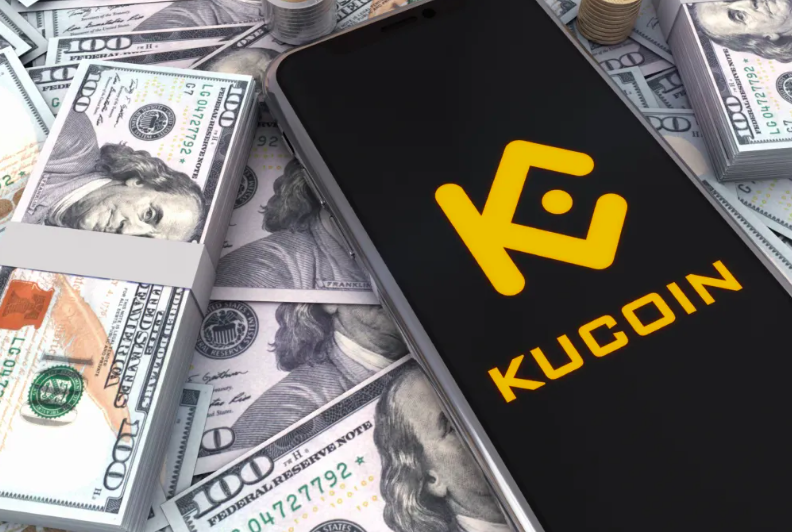
Sixteen international crypto exchanges – including KuCoin and the Mexican heavyweight MEXC – have landed in hot water with South Korean financial regulators for failing to comply with local guidelines and allegedly courting domestic clients without operating permits.
As reported last year, regulators sent letters to 27 crypto exchanges that they argued actively target South Koreans. They told the firms that they could be hit with sanctions if they continued to actively seek South Korean customers.
Legal measures that came into force last year require all crypto exchanges operating on South Korean soil to apply for licences. This complicated process involves obtaining information management certification from a government-run tech agency and striking deals with domestic banking partners. This is an almost impossible task for any firm that is not based in South Korea.
And although a large number of South Korean crypto investors continue to use overseas crypto exchanges using VPNs and other workarounds, regulators have warned exchanges off actively looking for South Korean customers.
Per KBS, the Financial Intelligence Unit (FIU), which polices the nation’s crypto exchanges and handles operating permit applications, said that it asked law enforcement authorities to launch formal investigations into the group of 16 exchanges, which also includes Phemex, XT.com, Bitrue, ZB.com, Bitglobal, and CoinW.
The FIU stated that the group operated Korean-language websites, promoted to South Koreans, and even provided support to customers attempting to use domestic credit and debit cards to buy tokens.
The FIU stated that it had previously warned the exchanges about their conduct. It also indicated that it would block domestic access to their websites and report them to the financial authorities in the countries where they are headquartered.
The unit has instructed the Korea Communications Commission and the Korea Communications Standards Commission, the government’s internet and media censors, “to block all access to these companies in South Korea.” Banks and credit card companies will also be ordered to “block payment services” to the 16 exchanges.
Under the terms of the law, anyone found to be involved in the unreported sale or purchase of cryptoassets in South Korea can be punished with jail time of up to five years, in addition to fines of up to USD 38,000.
A similar system operates in Japan, whose regulator has repeatedly reported overseas crypto trading platforms it discovers offer Japanese-language services or accept payments from domestic banks or credit cards.
Copyright © 2021-2025 AssessCrypto All rights reserved.